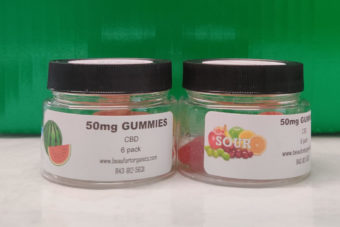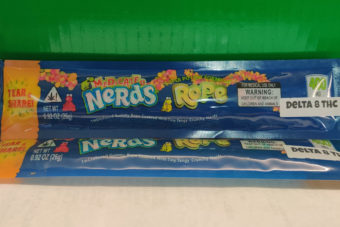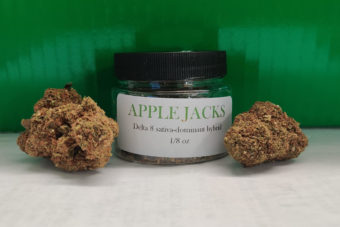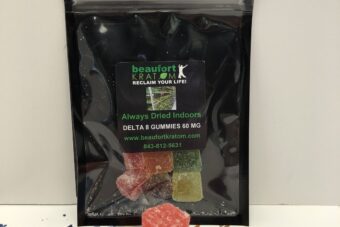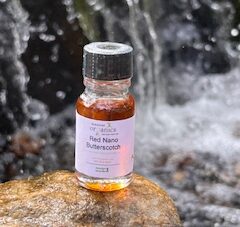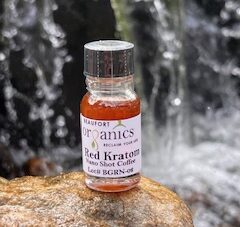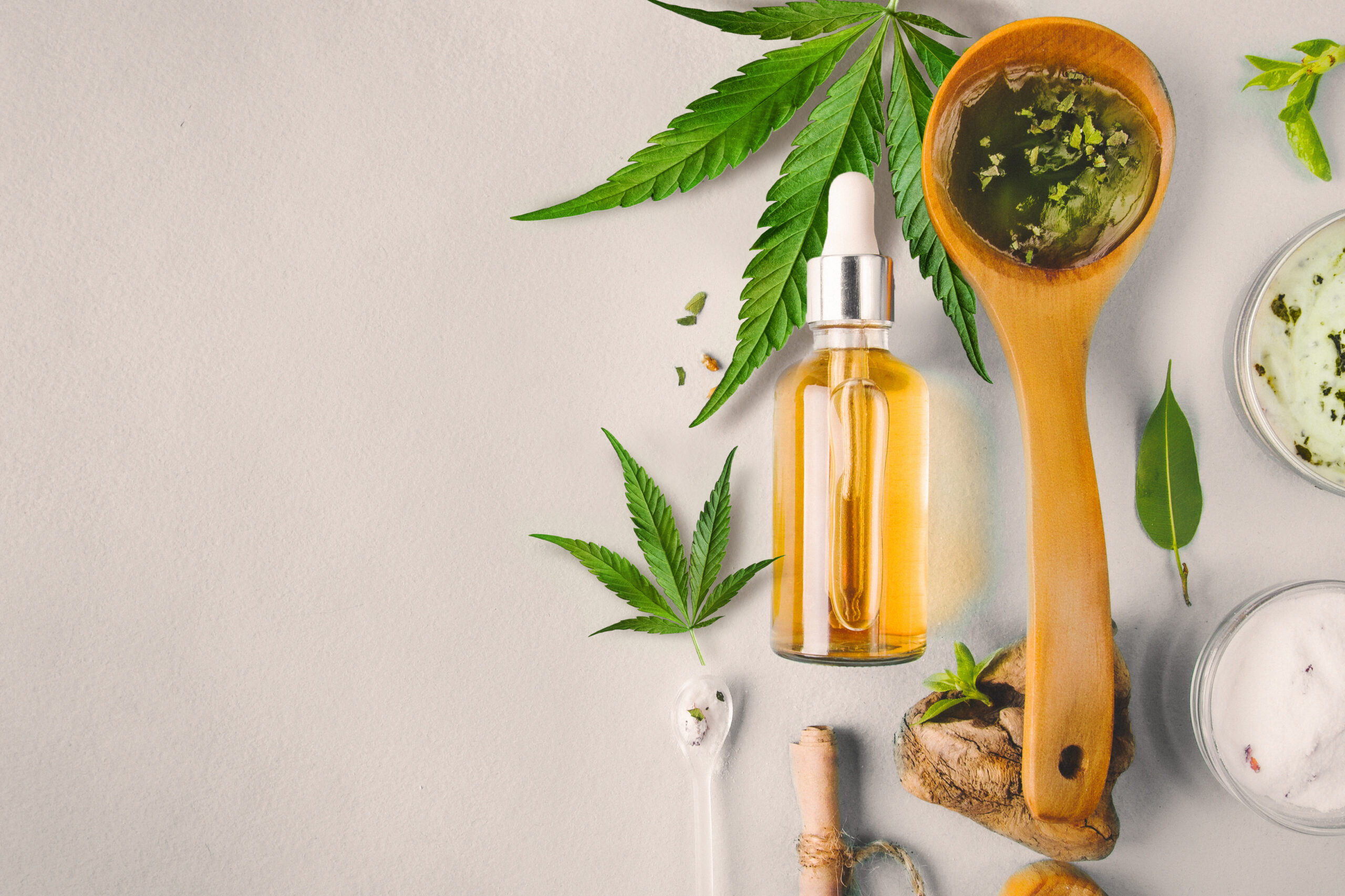
 by b-organics-admin
by b-organics-admin- Uncategorized
- August 1, 2023
- 1,761
- 0
If there is one substance that has managed to become the most fascinating focus of medical research and media, it is Cannabidiol (CBD). From food industry to effective relief for medical conditions, CBD is omnipresent.
It is the compound that has doctors rethinking medicine and governments redrafting policies. Increasing research on the compound is revealing the incredible medicinal and therapeutic benefits it has to offer. But is everything you hear about CBD true?
CBD is an effective and therapeutic compound found in the cannabis plant. But there are many myths and misconceptions associated with it.
Myth #1: CBD gets you high
Compared to THC, CBD does not give you a high-feeling, people link with cannabis consumption.
The high from THC is caused by the psychoactive cannabinoid compound. Compared to this, CBD is non-psychoactive. Although CBD oils can contain a very small amount of THC, the volume is not big enough to cause any effects.
Myth #2: CBD ALWAYS Will Show Up in a Drugs Test
In general, CBD will not show in a drug screening test. However, if the consumed product contains THC, it can produce a positive test result. Unfortunately, not all countries require a THC level under 3% in CBD products and everybody metabolizes THC differently.
Myth #3: All CBD is the Same.
There is a numerous amount of CBD products on the market which vary in quality and potency. Also, most CBD products contain other natural ingredients, which contribute to the full benefits for your health and wellbeing.
There are three types of CBD oils which have different cannabinoid profiles.
Isolate: CBD is fully separated from the hemp plant and does not contain any other natural products or cannabinoids.
Board Spectrum: Processed to remove the THC but still contain traces of cannabinoids and other plant compounds
Full Spectrum: CBD consisting of all the cannabinoids and terpenes from the original hemp plant and also
contain small traces of THC. It is important to pay attention to the full ingredient list to find a good quality product which fits your needs perfectly.
Myth #4: High Dosage Equals Better Relief
Each person absorbs and metabolizes CBD differently, depending on numerous factors like body weight and individual body chemistry. Also, the type of CBD oil (3 types mentioned before) has a factor in potency and therefore ideal dosage. Another important factor is the way that CBD is consumed. There are different products available on the market like gummies, beverages, oils, and capsules which have an effect on the amount of CBD that enters your body.
So, no matter which product type of CBD you use, it is important to start with a low dosage and increase gradually to find the right amount for your needs.
Myth #5: CBD is Sedative
It is a misconception that CBD is a sedative. It helps you stay calm and can reduce stress, but it does not make you sleepy. A higher dose can help get you back into a healthy sleep pattern by reducing anxiety or pain.
Studies have also shown that in moderate doses CBD can have a mild energizing effect and help you become more alert.
Myth #6: CBD Good, THC Bad
While CBD does not give you a high, THC does cause intoxication. Both come with their own benefits and properties. Like CBD, THC also has a lot of positive effects to offer. It relieves pain, stimulates appetite, relaxes the muscles, reduces nausea, and promotes the release of dopamine in the body.
Myth #7: CBD Oil & Hemp Oil are Same
Hemp oil is extracted from the seeds of the hemp plant. It can be used as a nutritional and skincare supplement, due to the essential fatty acids content, vitamin E and dietary minerals. However, it does not have any health benefits, unlike CBD oil.
Myth #8: CBD does not affect other medications
When our body takes more time to process the same amount of drugs, it leads to a situation where the body has more medication than intended. This overage leads to unwanted side effects.
Any drug that is metabolized by the CYP450 system can possibly interact with CBD. These include:
Antibiotics
HIV antivirals
Immune modulators
Antimicrobials
Blood Thinners
Pain medications
Antiepileptic Drugs
GI Medications
Myth #09: CBD does not have side effects
Though it is often well-tolerated, CBD can cause side effects. Here is a list of common side effects caused by CBD:
Drowsiness
Dry Mouth
Nausea
Indigestion
Diarrhea
Fatigue
Appetite Loss
Low Blood Pressure
Myth #10: You have to be sick to use CBD
CBD is a well-tolerated chemical compound for people of all ages. It can support your health, but also can be consumed as a daily wellness supplement. Consuming CBD in the morning can give us an extra energy boost for the day, while taking it before bedtime can improve sleep quality due to its calming and anxiety reducing properties.
Myth #11: CBD works the same for everyone
Even though CBD seems to be omnipresent, it is not a miracle drug or beneficial for everyone. Your level of absorption and reaction to CBD depends on a variety of factors like your state of health, genetics, metabolism, and other bodily functions. Your body’s endocannabinoid system can also alter how the compound reacts. So, it is possible while some people get to enjoy the full benefits from consuming CBD, that you may find that it simply does not work for you.






